
10 Ways to Prepare for any Unexpected Disaster

Today I have a disaster preparedness expert here with me to share with everyone ten ways even beginners can prepare for disaster.
In our family, we have a resident expert in preparing for disaster. It is definitely not me. I am not all that prepared, honestly. When Covid hit, it was by pure blind hog luck and the grace of God that I happened to buy a Mega bulk pack of Charmin on March 9, 2020. In fact, it was one of Walmart’s last packs of it, and I remember thinking, “huh, weird.”
If they hadn’t sent all of my kids home from school, I might not have even noticed covid at first. So just so we are clear here, I am not the expert that you want. I just happen to know one.
Our family disaster prep expert is Donna, my mother-in-law. I sat down with her this summer and quizzed her on what all of the rest of us need to know.
You see, back in 2018, I distinctly remember Alan and I joking about the twenty packs of toilet paper in Donna’s garage, thinking it awfully excessive.
Now it just sounds smart.
***Disclaimer: When you purchase through the Amazon links in this article, I do collect advertising dollars.***

These are some ideas for staying in your home following a disaster.
It could be an EMP, enemy or terrorist attack, long term power or utility outages, financial crash, or a pandemic. Or you know alien invasion, who knows…
I literally just sat down with Donna and wrote down every thing she had to say about basic “prepping.”

#1. Drinking water
You cannot live without clean drinking water. Plan for water storage.
Donna bought a four foot cube storage tank to store water in. Alan and I bought several five gallon jugs that we use for storing water.
You can also store water in two liter soft drink or juice bottles. Milk cartons are not leakproof, so you do not want to use those.
Another tactic is having large tarps suspended over your deck with a hole in the middle with a large non metal trashcan under it to collect rainwater.
#2. Other Water
If a disaster takes away your access to water, you will need water for more than just drinking. This can be used for watering gardens, bathing, flushing toilets on septic systems, etc. A good way to collect this would be from your roof gutters when it rains. Have some large plastic or rubber trashcans to place under downspouts. Little plastic swimming pools will work too but may not hold all the rain water.
Please note, it is not safe to drink water that has run off of roof shingles.

#3. Power
You can order a portable solar generator. Note when you are shopping for these they come in many different price ranges. You may need to order the solar panel separately, but Amazon has those too.
Make sure you try it out. Have heavy duty extension cords that will be needed. This can help keep your refrigerator working, some lights, and enable you to recharge things like your phone.

#4. Heating
Have heavy duty plastic to put over windows to keep out cold. Keep lots of strong duct tape. Duct tape can be used for all kinds of things, besides just securing your insulation.
Make sure you have plenty of quilts and blankets, thick wool socks, long underwear, winter hats, and gloves for all family members. Families may need to buy some larger sizes for growing children.

#5. Lighting
Get some outdoor solar pathway lights. These can be used by putting out in the sun during the day and bringing inside at night. You can prop the lights up in bottles or flower vases to serve as lamps.
Candles may come in handy, but they will run out. There are also solar LED lanterns that will be helpful.

#6. Toiletries/Medicine
Stock up on extra toiletries and over the counter medicines. Never throw out leftover prescriptions, and always get them filled and refilled. Just think how detrimental it would be if you could no longer access a pharmacy.
An extra pair of prescription glasses would be smart to have. A few over the counter generic reading glasses of different strengths might come in handy.
First aid supplies as well as alcohol and hydrogen peroxide are important.
Store extra toilet paper, paper towels, large garbage bags, and hand sanitizer. Your most regularly used toiletries need to be included too.
#7. Storage
Large storage totes should be used for all these extras. Cardboard boxes are too easily ruined by weather or rodents.
Be sure to put a label on each box identifying its contents. These can be stored in attic, garage, closet, or laundry room spaces. Donna mentioned that you can even find storage systems that go on garage ceilings.
Medicines may need to be stored in the house for climate control.

#8. Food
You want to keep things you will actually want to eat, but also you have to find things that could keep a long time. Donna recommends going online to find good foods to store, like rice, beans, salt, and powdered milk. (I have never understood powdered milk, but that is a discussion for another day…)
Freeze-dried foods can be ordered online and stored under your beds.
Amazon and Walmart have buckets of emergency foods. Canned meats are good. (Bleh)
Extra canned goods that your family likes are great if you rotate these. Most foods like this are good after the “best by” dates.
Heirloom seeds for gardening will also be a good idea.
#9. Protection
Life would get dangerous if trucks could not deliver food and medicines. Donna says that she feels safer with some guns and ammunition to protect the family. Wasp spray or mace would be good to have. The ability to buy ammunition is already limited, so these are things you need to purchase before a disaster happens. You have to buy it while you can find it.
#10. Cash
Our banking system could be hacked at anytime. You need to also have some cash. Also, Donna believes in buying what you need if you have the money for it now instead of waiting because prices are always on the rise. And do you ever remember prices ever going back down after a crisis? No.

#11. Bonus Info
Donna recommends reading disaster prepping books. Kindle is okay, but you need to have some in print that you can reference in case your electronics do not work.
Here are a few books Donna has in her library:
Just in Case: How to be Self Sufficient When the Unexpected Happens
The Ultimate Survival Medicine Guide
The Ultimate Winter Survival Handbook
Back to Basics: A Complete Guide to Traditional Skills

And here are a few t.v. shows about prepping and living off the grid:
Intrigued and want to read more on the internet?
Be careful about what you read on the internet. Some “doomsday” type groups are heavy on the conspiracies and living in fear. There is a difference between having some things on hand to be prepared for an emergency and living in fear, convinced that we are all getting nuked tomorrow.
I think it is so important to always live your life as normally as possible. Don’t get sucked in to the world of crazy people. Check who is putting out this information. Don’t end up devotedly following a nut job.
Visit your family. Hug people. Try out gardening. Even if the world doesn’t fall apart, gardening sounds like a great idea.
Have some emergency supplies on hand. You will be glad you did, even it it is just a one day power outage from a bad storm. But don’t build a bomb shelter in your backyard, blow all your money on freeze dried foods, and cut off all communication with the world just in case the boogey man comes. That is my two cents. Happy preppin’ y’all.



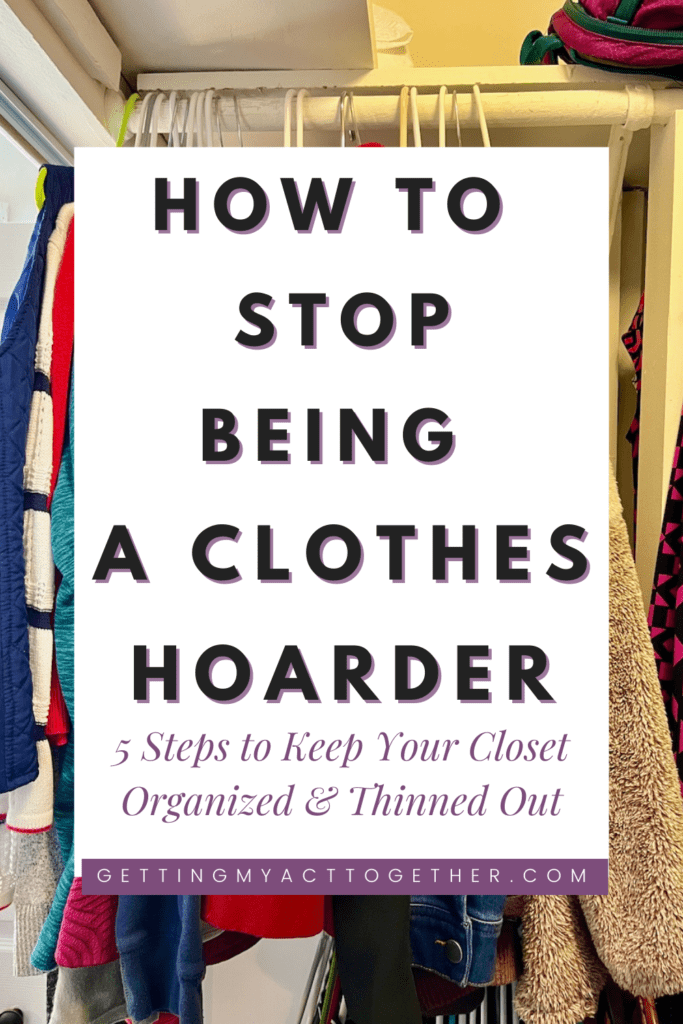
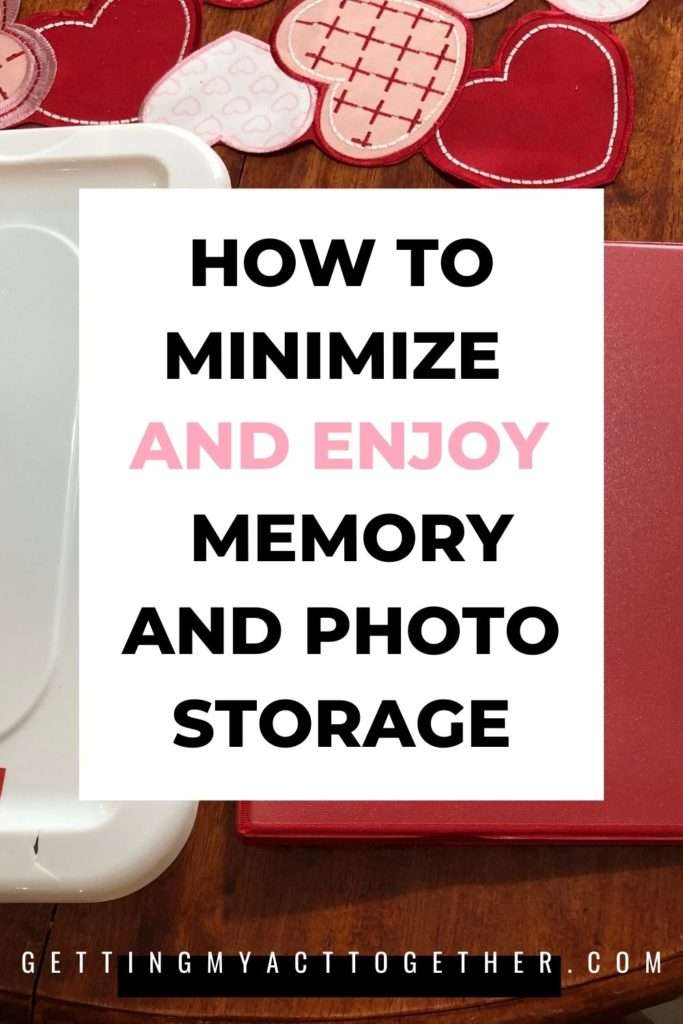


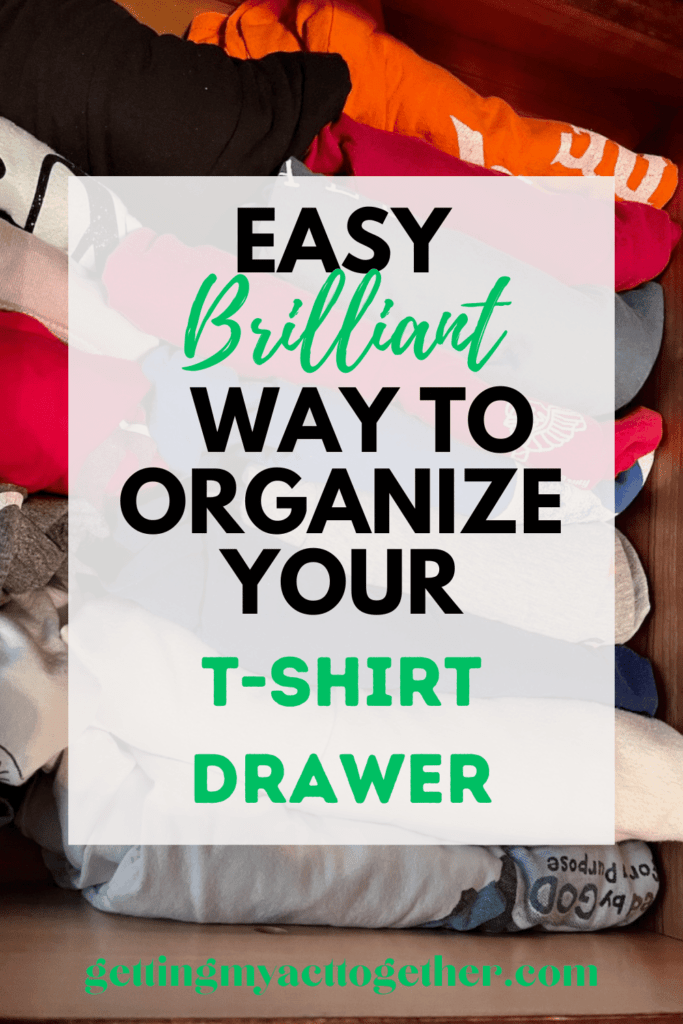
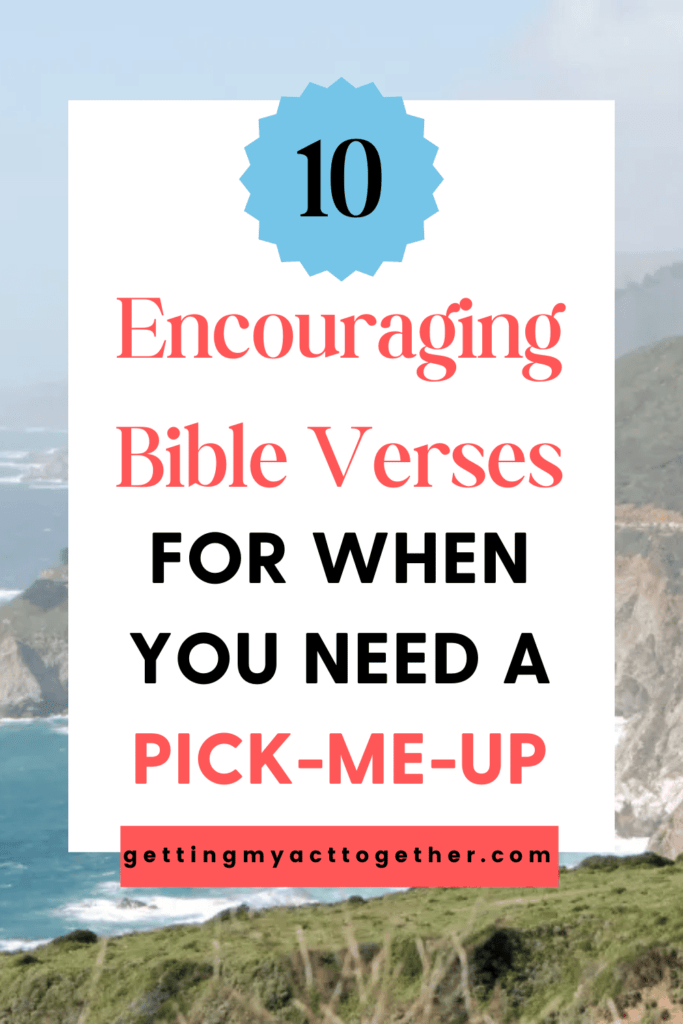
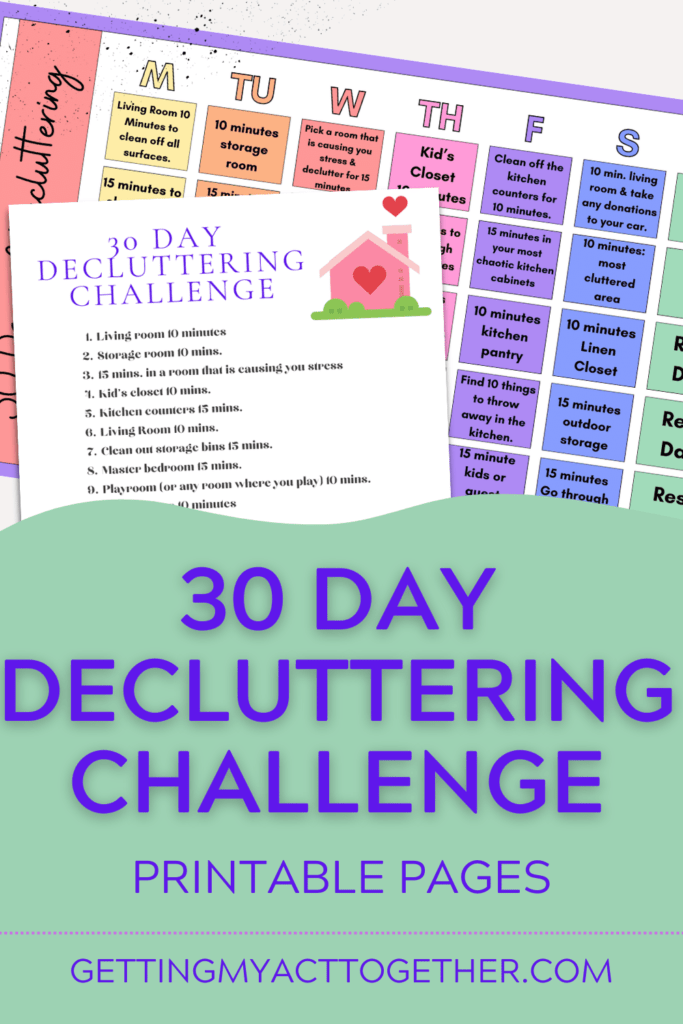
I think your list is good but too short. There are other things that are just as important. I am a prepper in the PNW (not one of the crazy conspiracy ones) and I am always telling people the importance of having plans. We lived in CA for years and had to always be prepared for an earthquake. Here on the Pacific Coast we have earthquakes, tsunamis, and wild fires we are always prepared for.
#12 Get Organized (this should be #1)
Create a Family Plan & Info Binder: Family Info including Names & Addresses of family & friends not living with you. Backup and storage of important records like Account #’s, Insurance Info, Passports & Birth Certificates, Medical Info, Living Wills, Advance Directive, and Power of Attorney. Inventory of your expensive home items with pictures (incase of theft). Include a map of your city and trace the roads or highways to exit if you are evacuated. If you are in a volcanic area know your eruption routes. If you are in an area where you could have a flood or tsunami, know how to get to higher land. This binder can help if a child or aged parent is lost/injured not just in case of a natural disaster. Sit down with your family and go over these plans to make sure your kids know where everything is and what to do.
#13 Have B.O.B.’s at the Ready
B.O.B. short for Bug Out Bag is a bag with all the supplies you would need for 72 hours if you need to evacuate instantly without time to prepare. Also having a Get Home Bag in your car and office is a good idea. (these are not just for being ready for war but evacuations for wild fires, hurricanes and other natural disasters)
#14 Know How to Turn Off Your Utilities
Especially if you have Gas! After a natural disaster like an earthquake, a gas leak can cause even more damage and death so know where and how to turn it off. Turning off the water could prevent your home from flooding and turning off the electricity can prevent disaster if there are down power lines.
#15 Check Your Smoke and Carbon Monoxide Units Regularly
These items can save your life so it’s important that they are in working order. Also keep fire extinguishers and/or fire blankets on hand.
#16 Know Your Area and Have a Plan for Evacuating (actually part of #12)
Does your family know how to get out of your home in case of a fire? And make sure your family knows a safe place where you can meet up incase of an emergency and you are separated.
That sounds like a good “More ways to prepare” post. Can I quote you on these?
Great post! Many things I have not thought about.